White House ignores judicial deportation blocks
The Trump administration deports alleged Venezuelan gang members under a wartime law, defying a court order

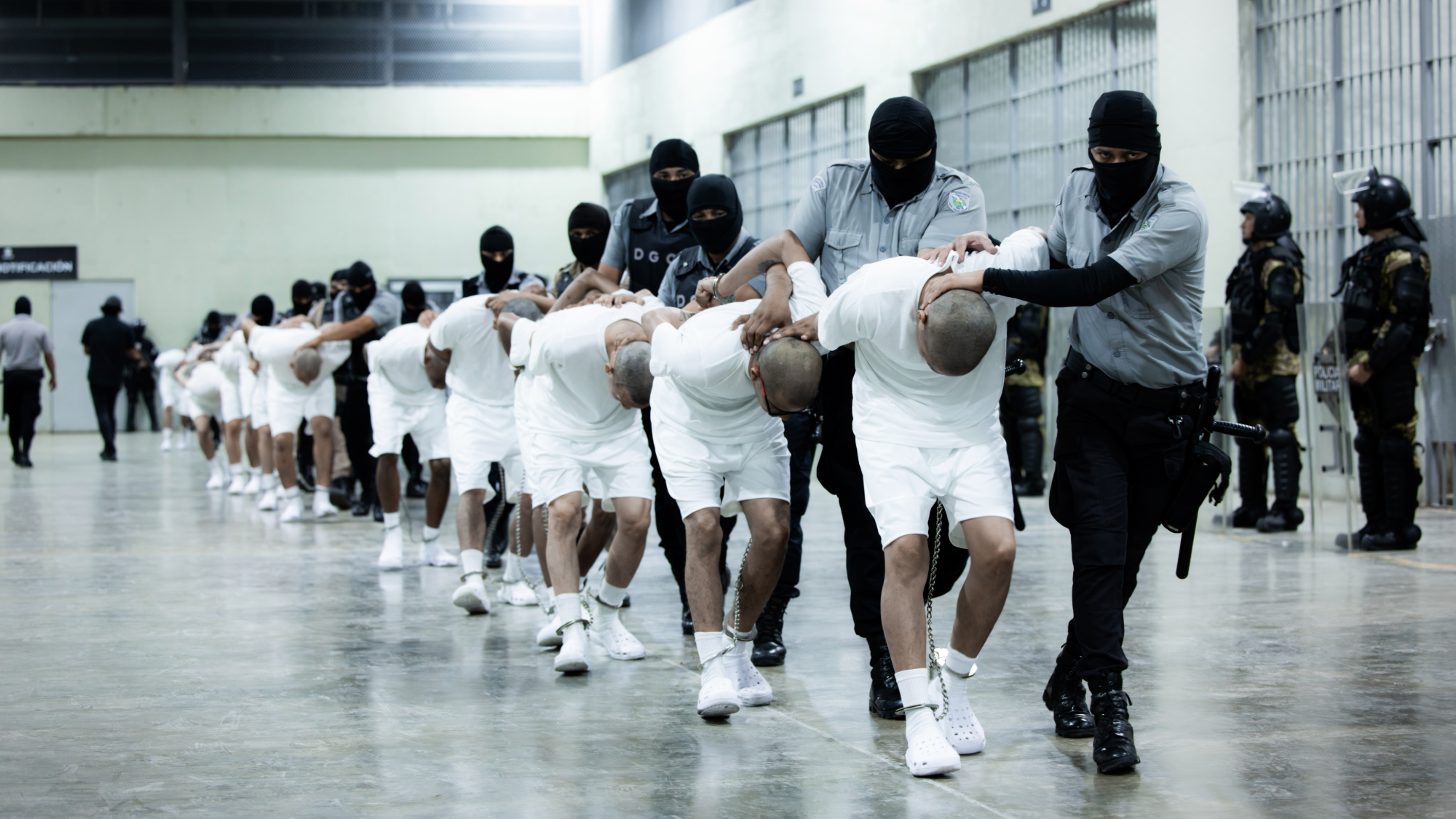
A free daily email with the biggest news stories of the day – and the best features from TheWeek.com
You are now subscribed
Your newsletter sign-up was successful
What happened
The Trump administration said Sunday it had deported dozens of Venezuelans to El Salvador on Saturday under an executive proclamation President Donald Trump quietly signed Friday, claiming wartime powers under the 1798 Alien Enemies Act to summarily expel alleged members of the Tren de Aragua gang. The deportations appeared to defy an order from U.S. District Judge James Boasberg. Another federal judge said Sunday that immigration officials in Boston had apparently "willfully" deported Dr. Rasha Alawieh, a Lebanese kidney transplant specialist at Brown University with a valid H-1B visa, despite his order blocking her expulsion.
Who said what
Boasberg told government lawyers at 6:47 p.m. on Saturday that any airplanes with people being deported under the 1798 law must "immediately" return to the U.S, even if that meant "turning around the plane." The Alien Enemies Act has only been invoked three times, most recently in World War II to inter Japanese Americans.
According to flight tracking sites and video posted by El Salvadoran President Nayib Bukele, three flights carrying 261 immigrants landed in San Salvador more than five hours after Boasberg's restraining order, and one left Texas 10 minutes after it was filed. "Oopsie, too late," Bukele said Sunday on X, with a laughing emoji. Secretary of State Marco Rubio reposted the comment. The video showed the deportees transported to a notorious prison.
The Week
Escape your echo chamber. Get the facts behind the news, plus analysis from multiple perspectives.

Sign up for The Week's Free Newsletters
From our morning news briefing to a weekly Good News Newsletter, get the best of The Week delivered directly to your inbox.
From our morning news briefing to a weekly Good News Newsletter, get the best of The Week delivered directly to your inbox.
Boasberg's written order, filed at 7:26 p.m., "didn't explicitly mention planes that were already in the air," The Wall Street Journal said. "Typically lawyers view orders issued orally by judges as carrying full legal weight," but White House press secretary Karoline Leavitt "appeared to point to" that omission Sunday. The White House "did not 'refuse to comply' with a court order," she said.
Legal analysts Sunday were "stitching together the timeline" to determine "how close the Trump administration is to open defiance of the Constitution's system of checks and balances," The New York Times said. "We wanted them on the ground first, before a judge could get the case, but this is how it worked out," a White House official told Axios. Two officials said the White House ignored Boasberg's order after lawyers decided it did not apply because the planes were out of U.S. airspace.
What next?
Boasberg scheduled a Friday hearing on the merits of the case, even as the U.S. Court of Appeals in Washington, D.C., weighs the Trump administration's appeal.
A free daily email with the biggest news stories of the day – and the best features from TheWeek.com
Peter has worked as a news and culture writer and editor at The Week since the site's launch in 2008. He covers politics, world affairs, religion and cultural currents. His journalism career began as a copy editor at a financial newswire and has included editorial positions at The New York Times Magazine, Facts on File, and Oregon State University.
-
 Democrats seek calm and counterprogramming ahead of SOTU
Democrats seek calm and counterprogramming ahead of SOTUIN THE SPOTLIGHT How does the party out of power plan to mark the president’s first State of the Union speech of his second term? It’s still figuring that out.
-
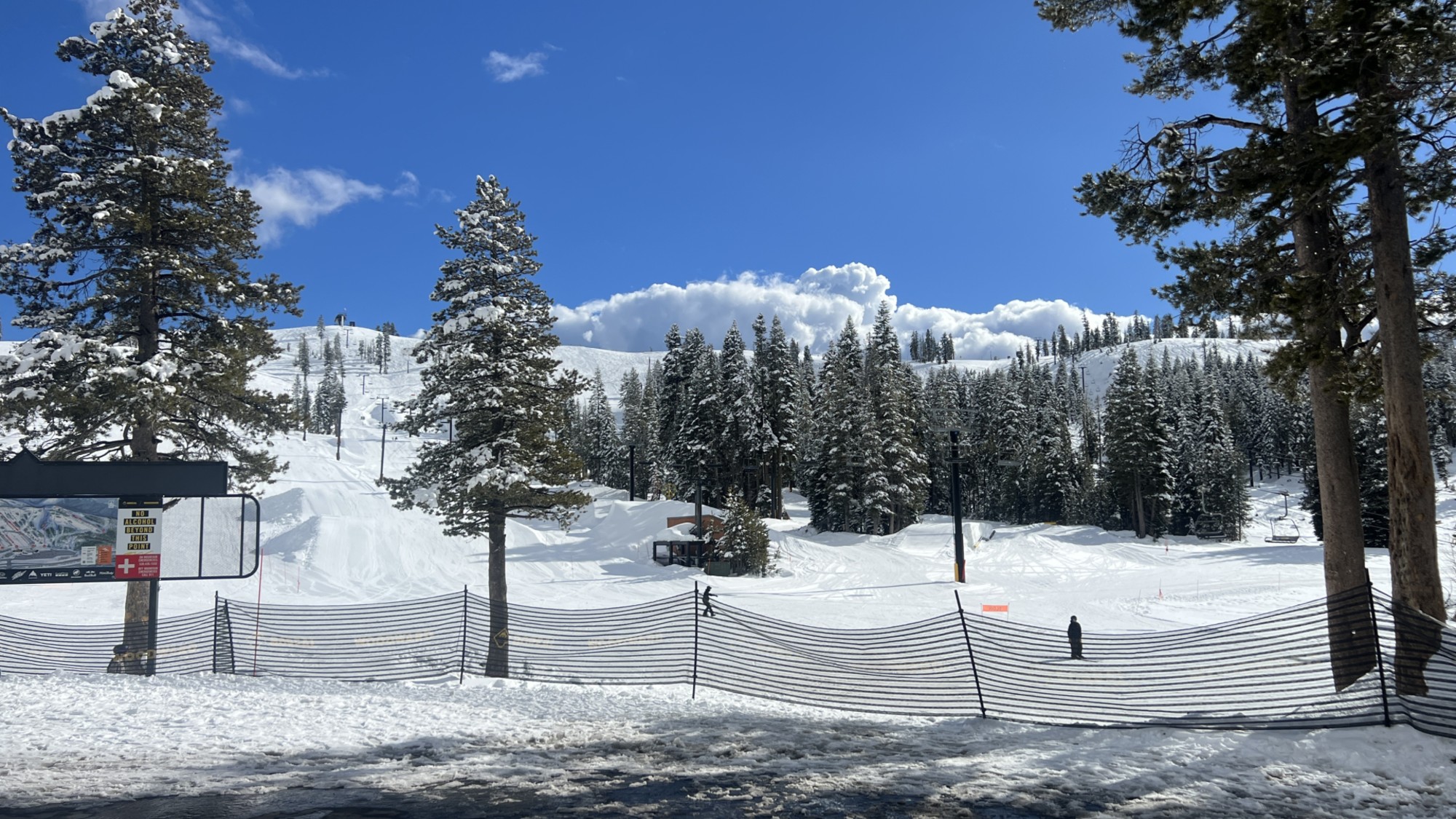 Climate change is creating more dangerous avalanches
Climate change is creating more dangerous avalanchesThe Explainer Several major ones have recently occurred
-
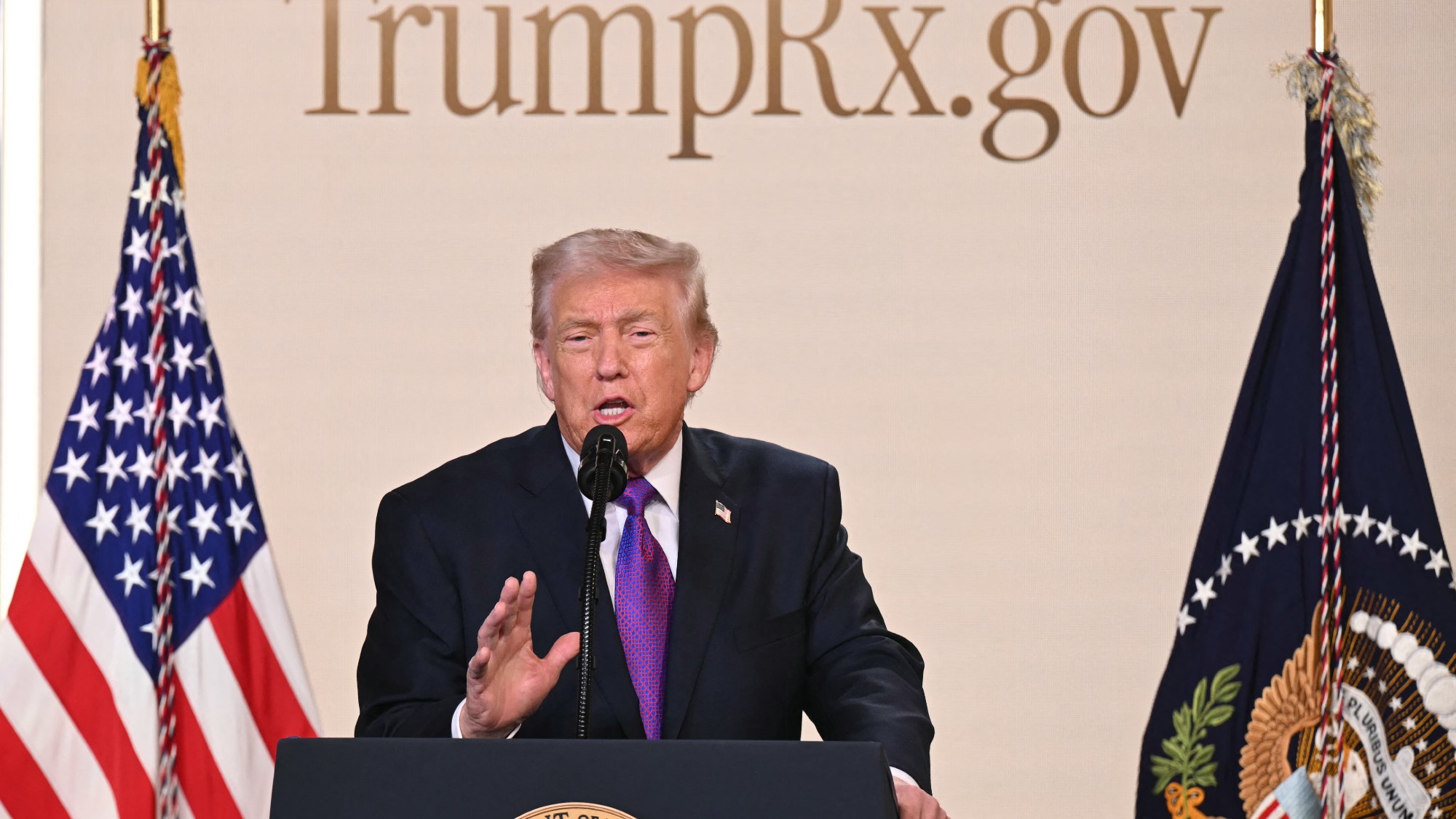 What’s TrumpRx and who is it for?
What’s TrumpRx and who is it for?The Explainer The new drug-pricing site is designed to help uninsured Americans
-
 Democrats seek calm and counterprogramming ahead of SOTU
Democrats seek calm and counterprogramming ahead of SOTUIN THE SPOTLIGHT How does the party out of power plan to mark the president’s first State of the Union speech of his second term? It’s still figuring that out.
-
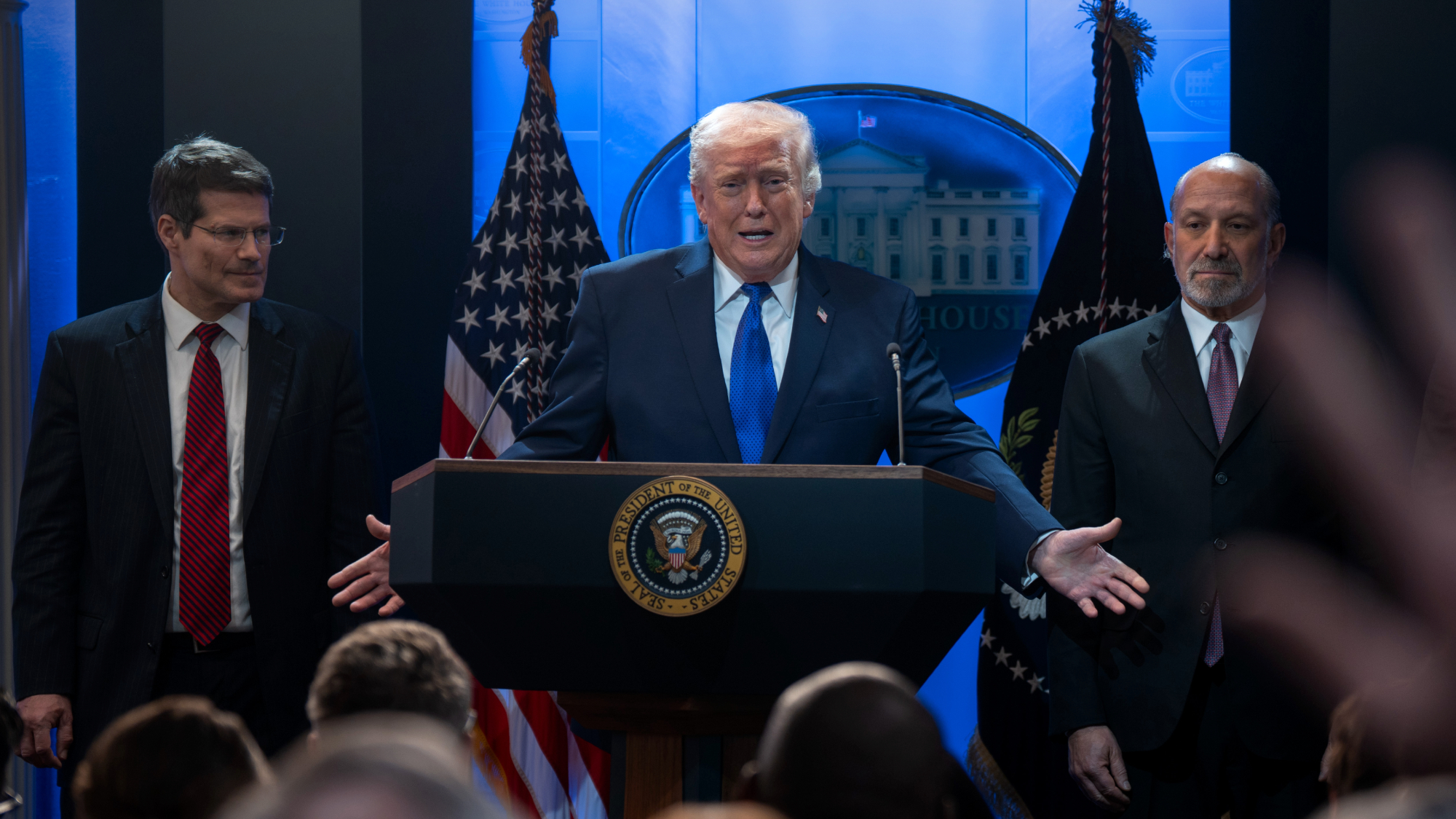 Trump’s tariff loss at Supreme Court roils trade
Trump’s tariff loss at Supreme Court roils tradeSpeed Read The court ruled that President Donald Trump’s most sweeping tariffs were unlawful
-
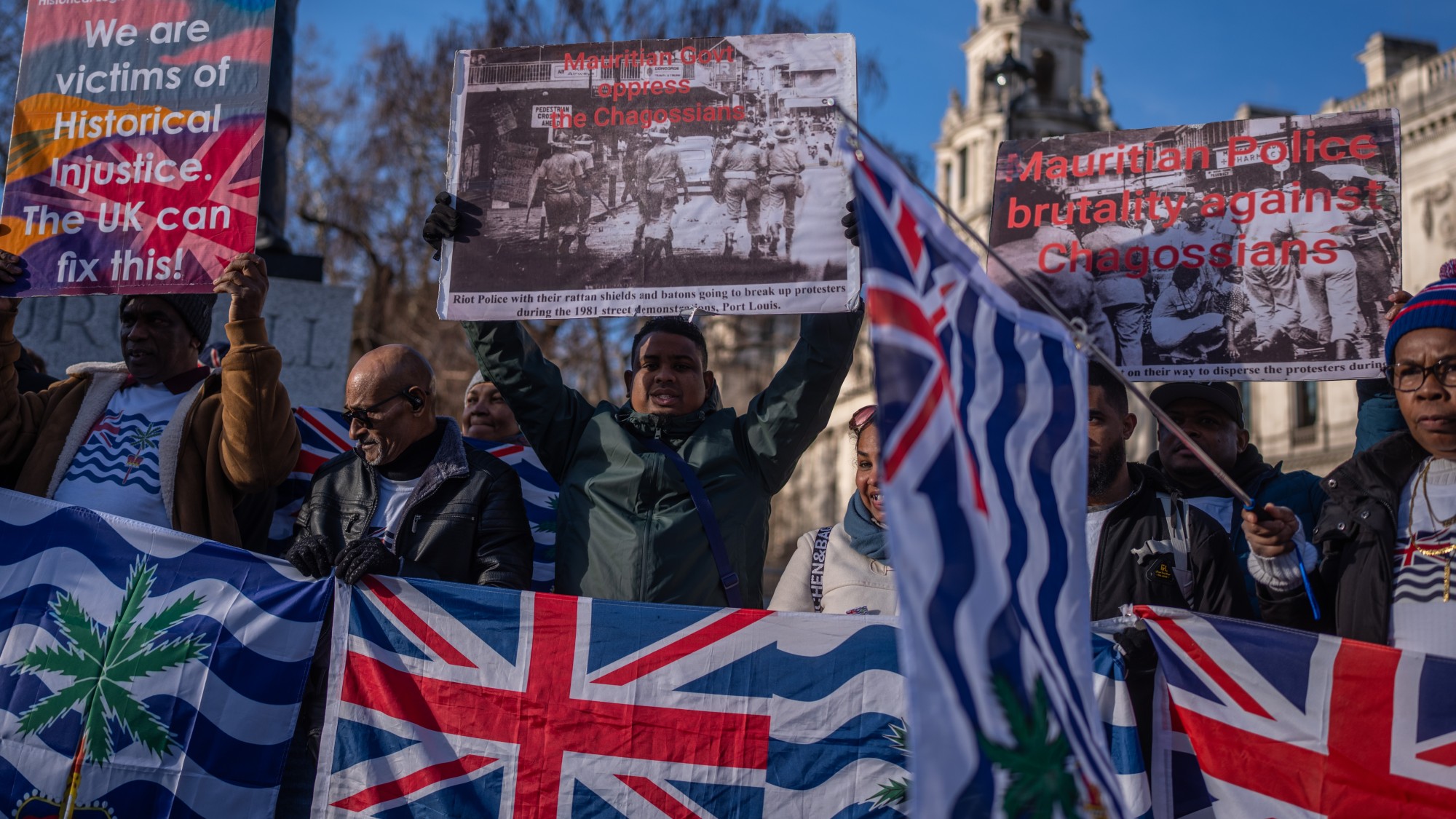 Can Keir Starmer save the Chagos deal?
Can Keir Starmer save the Chagos deal?Today's Big Question Opponents confident they can scupper controversial agreement as PM faces a race against time to get it over the line
-
 Crisis in Cuba: a ‘golden opportunity’ for Washington?
Crisis in Cuba: a ‘golden opportunity’ for Washington?Talking Point The Trump administration is applying the pressure, and with Latin America swinging to the right, Havana is becoming more ‘politically isolated’
-
 Labor secretary’s husband barred amid assault probe
Labor secretary’s husband barred amid assault probeSpeed Read Shawn DeRemer, the husband of Labor Secretary Lori Chavez-DeRemer, has been accused of sexual assault
-
 Trump touts pledges at 1st Board of Peace meeting
Trump touts pledges at 1st Board of Peace meetingSpeed Read At the inaugural meeting, the president announced nine countries have agreed to pledge a combined $7 billion for a Gaza relief package
-
 Why are election experts taking Trump’s midterm threats seriously?
Why are election experts taking Trump’s midterm threats seriously?IN THE SPOTLIGHT As the president muses about polling place deployments and a centralized electoral system aimed at one-party control, lawmakers are taking this administration at its word
-
 ‘Restaurateurs have become millionaires’
‘Restaurateurs have become millionaires’Instant Opinion Opinion, comment and editorials of the day
